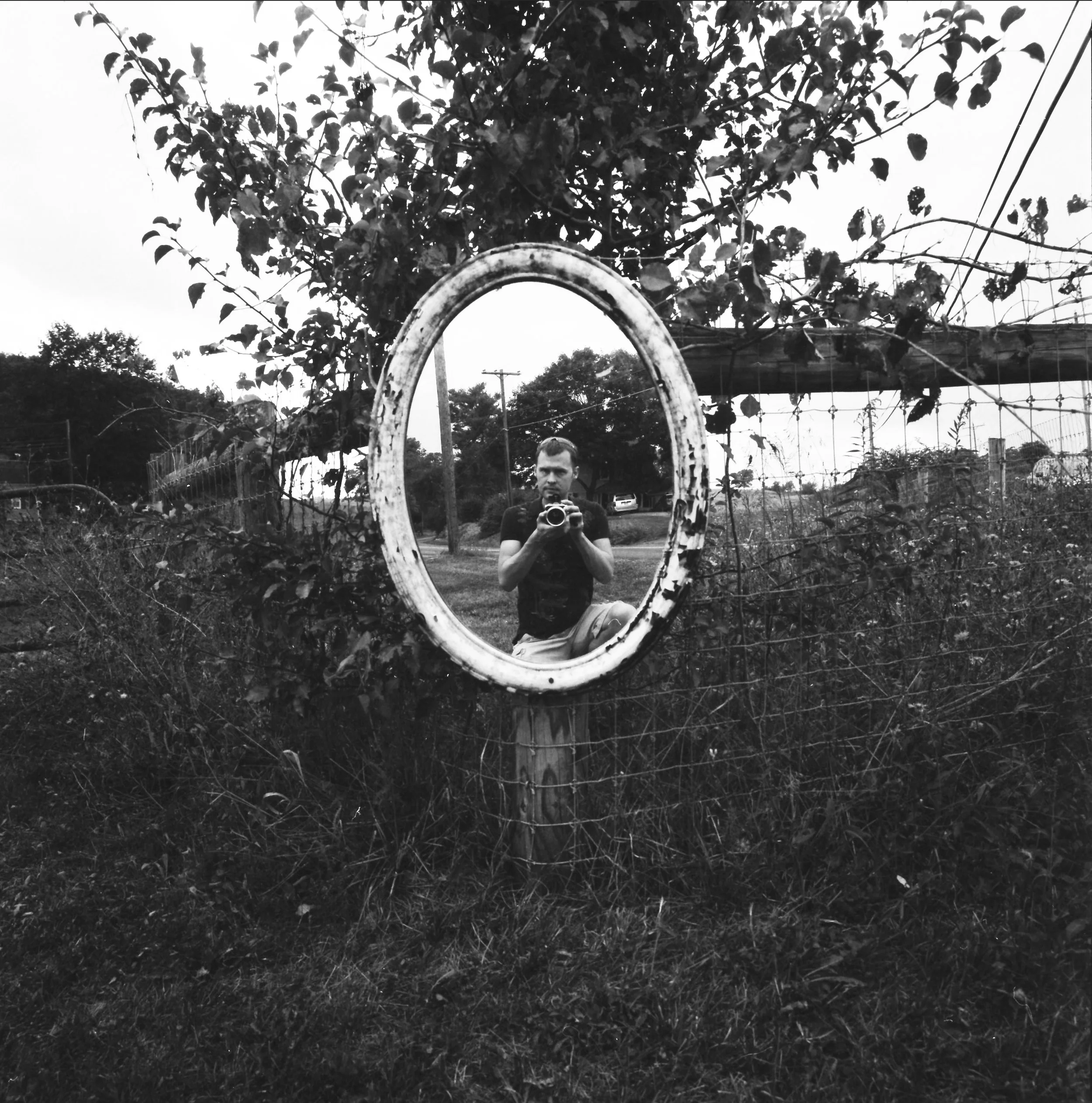Lobotomy Lab: Getting Bored is Good
Lobotomy Lab: Offering piercing insights into photography
When you have taken enough photos to get bored of photography, don't fear, don't get mad, and most of all don't give up! This is when you will start to take good photos. I know it sounds like a load of BS, but I really think this statement is true and a very essential part of becoming a good photographer.
When most people have picked up photography over the last 25 years they have started their journey with modern digital cameras equipped with auto focus, auto exposure and a memory card that hold a few hundred images on the lowest end. Once the photos have been taken most are left on a hard drive or subjected to questionable photo shop edits that in some cases do far more harm than good. When this is the process you are using, relying on technology to make so many choices it seems inevitable you will get bored and this can happen quickly. When you can take 12 photos in the blink of an eye and fit 8000 of them on one memory card, you have given yourself a real trial of patience to sort through this tsunami of images and then force yourself to decide which of those 20 images is marginally better than the others in that 2 second burst you took out a bus window. Again this approach to the process is bound to overwhelm many people or leave them wasting untold amounts of time agonizing over decisions that are not very productive.
This might sound preachy but I truly think it is one of the keys to success, don't get overly comfortable with gear usage. That is to say the purely technical side of the craft. To try and better explain this point I think it is important to remember that a photos is not good just because it is in focus or has a good exposure, this in truly the ground level, down in the dirt entry point, because for most people the camera is doing all of this for them. Similar with “Photoshop saves” you know those crappy images you spent an hour and 40 min. editing and re-editing. 6 different crops, contrast… no curves adjustments, dehazeing, converting to black and white, applying layer masks to selectively reduce a single blown highlight. Yes some times it works and is worth it… but I think all too often we are selling ourselves on a fantasy. Not every image can be saved, and some you are trying to save you are only butchering further.
I know all this because I was there myself. I made all the mistakes. I took the same photo 50 times in a row over a span of 7 seconds making a change to the shutter speed and getting to a knee to take a slightly lower angle shot, only waste time going through and selecting and editing for all of them to still look more or less the same, while still not being what I really wanted. I took bland color photos and converted them to very grey and dull black and white images assuming I was making them perfect when I was just trying to hide the banality with my misconception of artistic style. I also came to learn when you convert an over exposed image to black and white and cranking the contrast to 100 it doesn’t make the overexposure disappear, It is just a bit less obvious. I will admit that I was very obsessed with maximizing my depth of field. I fell into this not so obvious trap for far longer than I care to admit. Only to realize that some times a visible back ground is actually quite desirable and having more than one point in an image in focus generally gives your images more depth.
The good news is that when you get sick of hours of “color grading” boring images to have a torques sky with some “pop” what ever the fuck that is intended to mean. You can stop the over editing, the over shooting, the posting every passable image in Instagram in hopes you will miraculously get discovered by someone with lots of money and no camera of their own, then you can start!
You can start the real work. You can start to examine your images and what they really mean, plan bigger more elaborate shoots, stop lusting over the newest camera with slightly faster auto focus, stop downloading Light Room presets to make your photos have a passing resemblance to the hackney “style” of some random influencer no one really knows or cares about. On a personal note, Please stop this! It looks so tacky and lazy and only serves to make your images blend into the background of the masses even more so than before. The most appalling part is that in doing this you are stopping yourself from actually learning or developing a unique style of your own. Its comparable to hacking your feet off before you learn how to walk.
Now that you have turned down the proverbial stereo and the TV blaring in the back ground you have a bit of quiet you can use to concentrate. Take time to reflect on your own work and your own abilities and identify your weaknesses making sure to not overestimate your abilities. Focus on substance, that is to say your own vision and your subject and how you relate to them, you can find where the art begins and where the fads end.
